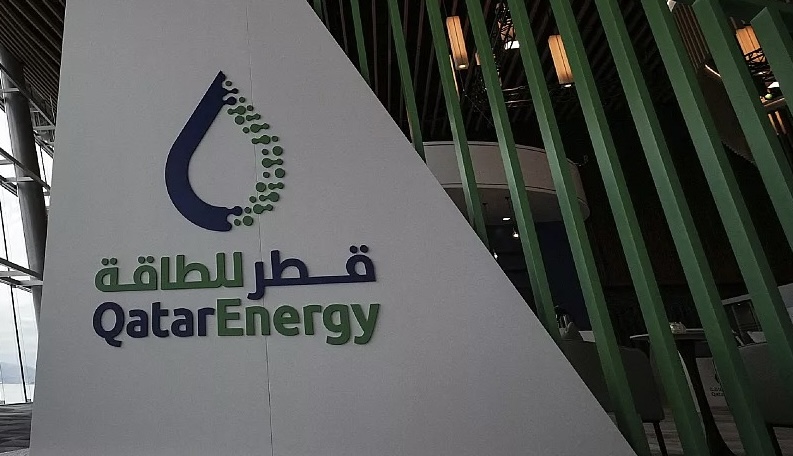KEY POINTS
- QatarEnergy acquires 27% interest in North Cleopatra block.
- The deal strengthens QatarEnergy’s footprint in Egypt’s energy sector.
- Egypt ramps up offshore output to ease fuel shortages.
The deal expands the Qatari state firm’s footprint in Egypt’s upstream energy sector amid rising regional competition.
QatarEnergy has agreed to acquire a 27 percent participating interest in Egypt’s North Cleopatra offshore oil and gas block from Shell, further strengthening its presence in one of North Africa’s most active exploration zones. Shell will retain a 36 percent stake in the project, while the transaction remains subject to approval by the Egyptian government, both companies said.
QatarEnergy deepens footprint in Egypt
The step reinforces QatarEnergy’s expansion strategy in Egypt, where it has been investing alongside Western oil majors such as Shell and Chevron. Cairo has been pushing for accelerated exploration to boost its oil and gas output and ease domestic energy shortages.
In recent years, QatarEnergy has built a strong portfolio in Egypt’s offshore blocks. In 2023, the company acquired a 40 percent stake in two ExxonMobil-led exploration blocks, along with a 23 percent interest in another Chevron-operated block involving Australia’s Woodside Energy and Tharwa Petroleum Company.
Under the new arrangement, Chevron will hold 27 percent, Tharwa Petroleum will keep 10 percent, and QatarEnergy will join as a new partner in the North Cleopatra block. The field lies adjacent to the North El-Dabaa block, where QatarEnergy already holds a 23 percent stake, creating synergies across its regional assets.
Offshore projects drive energy recovery
Egypt is betting heavily on its offshore gas fields to reverse recent supply pressures. The country shifted from being a net LNG exporter to a net importer at the end of 2024, after a year marked by record LNG cargo imports and rolling blackouts triggered by energy shortages.
Falling onshore output and surging electricity demand forced Cairo to seek rapid offshore development. Since August, Egypt’s natural gas production has risen by more than 200 million cubic feet per day, driven by new wells at a BP-operated offshore field, according to data from the Ministry of Petroleum and Mineral Resources.
The ministry said the recent uptick in production has helped Egypt cut its fuel import bill by $3.6 billion and clear about $1 billion in arrears owed to international partners. With new investments from companies like QatarEnergy, the country hopes to stabilise supply and reinforce its long-term energy security.



